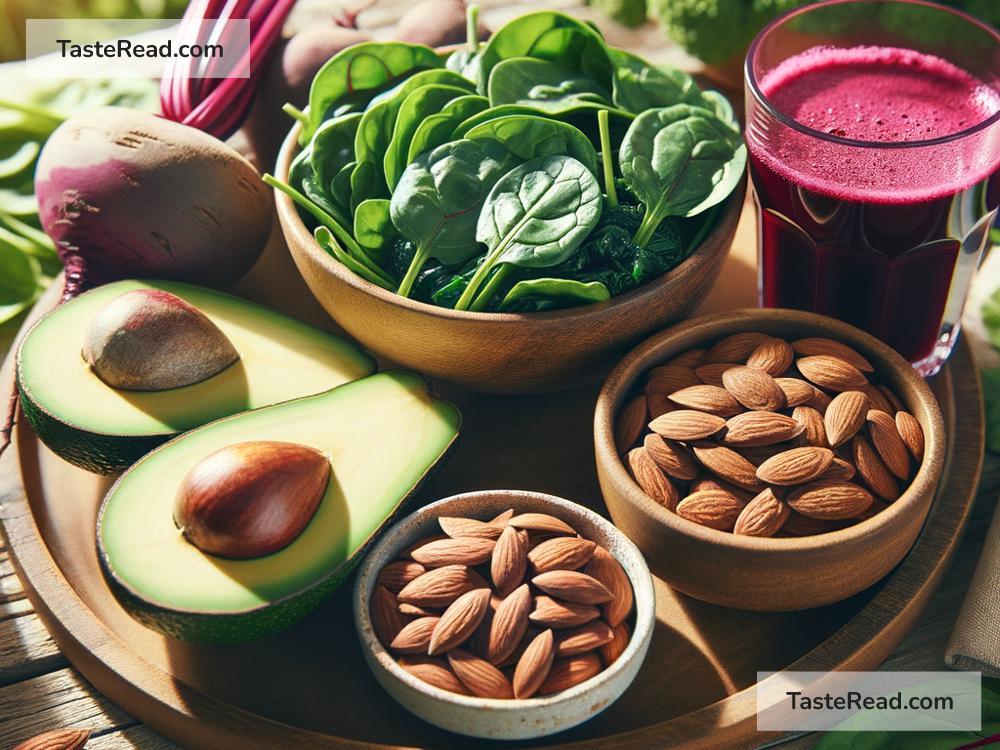Foods for Better Breath Control: Simple Tips for Better Breathing
Breath control is important for many activities, like singing, playing wind instruments, yoga, and even sports. It helps you stay calm, perform better, and avoid feeling out of breath. While practicing breathing techniques is key, the food you eat can also make a big difference. Certain foods have nutrients that support lung health, strengthen respiratory muscles, and improve overall breathing. In this article, we’ll share simple and effective foods to include in your diet for better breath control.
Why Food Matters for Breath Control
Before diving into the list, let’s understand why food plays a role in breath control. The lungs and diaphragm (the muscle responsible for breathing) need energy and nutrients to function optimally. Foods that reduce inflammation, improve oxygen flow, and protect your lungs can help you breathe more easily and control your breathing better.
If you feel short of breath, some conditions like asthma or allergies might be involved. However, adding healthy foods to your diet can support your respiratory system and train you to take deeper breaths.
Foods That Help Improve Breath Control
Here are great foods that help improve your breathing and keep your respiratory system healthy:
1. Leafy Greens
Spinach, kale, and other leafy greens are rich in magnesium, a mineral that relaxes your respiratory muscles. Relaxed muscles make it easier to breathe deeply and control your breath. Leafy greens are also full of antioxidants, which protect your lungs from harmful toxins and inflammation.
Try adding spinach to your smoothies or salads, or cooking kale with garlic for a tasty side dish.
2. Citrus Fruits
Oranges, lemons, grapefruits, and other citrus fruits are packed with vitamin C, which can improve lung function and reduce inflammation. Vitamin C helps your body produce collagen, a protein that supports the respiratory tissues.
Drink fresh orange juice or add lemon slices to your water throughout the day. Citrus fruits also make a healthy snack between meals.
3. Fatty Fish
Fish like salmon, mackerel, and sardines are rich in omega-3 fatty acids. These healthy fats can reduce airway inflammation, making it easier for oxygen to flow into your lungs. Omega-3s also support heart health, which is closely linked to better breathing.
Grill or bake some salmon as part of your dinner—or add canned sardines to a salad for a quick lunch.
4. Nuts and Seeds
Almonds, pumpkin seeds, walnuts, and sunflower seeds are excellent sources of vitamin E and magnesium. Vitamin E protects lung tissue, and magnesium relaxes your diaphragm and airways. They also provide energy, which can be useful for exercises requiring breath control.
Enjoy nuts and seeds as a snack, or sprinkle them over your cereals, salads, or yogurt.
5. Beets and Beet Greens
Beets and their leafy greens are rich in nitrates, which improve oxygen flow and increase your stamina. Nitrates help relax blood vessels, allowing better circulation and efficient use of oxygen. This is especially beneficial when training for breath control.
You can roast beets for a sweet and earthy side dish, or blend them into a smoothie for a nutritious boost.
6. Ginger
Ginger is known for its anti-inflammatory properties, which help open up airways and reduce breathing difficulties. It also helps clear mucus, which can block the airways and make it harder to breathe.
Brew fresh ginger tea or grate ginger into your stir-fry and soups to enjoy its benefits.
7. Apples
Apples are a great source of antioxidants, especially flavonoids, which protect your lungs from damage caused by free radicals. Eating apples regularly is linked to better lung function and the ability to control your breathing during physical activity.
Combine apple slices with peanut butter for a tasty and energizing treat.
8. Turmeric
Turmeric contains curcumin, a compound with powerful anti-inflammatory properties. It reduces swelling in the airways, making breathing smoother and more controlled. Turmeric also boosts overall immune health, keeping your respiratory system strong.
Add turmeric to soups, rice dishes, or smoothies for its warming flavor and health benefits.
9. Water
Although it’s not technically “food,” water is essential for breath control. Staying hydrated keeps your lungs and airways moist, making it easier to take deep breaths. Water also helps thin mucus, preventing blockages in your respiratory system.
Make sure to drink enough water every day—around 8 glasses for most people—or even more if you’re physically active.
Final Thoughts
Improving your breath control isn’t just about practice—it’s also about fueling your body with the right foods. Leafy greens, citrus fruits, nuts, beets, and other foods mentioned above can boost your lung health, enhance oxygen flow, and reduce inflammation. Alongside eating well, staying hydrated and maintaining healthy habits like regular exercise will also improve your overall breathing.
Start adding these foods to your diet today, and you’ll notice the difference in your ability to breathe deeply and stay in control. Whether you’re a singer, an athlete, or someone looking to feel healthier, your lungs and diaphragm will thank you!


